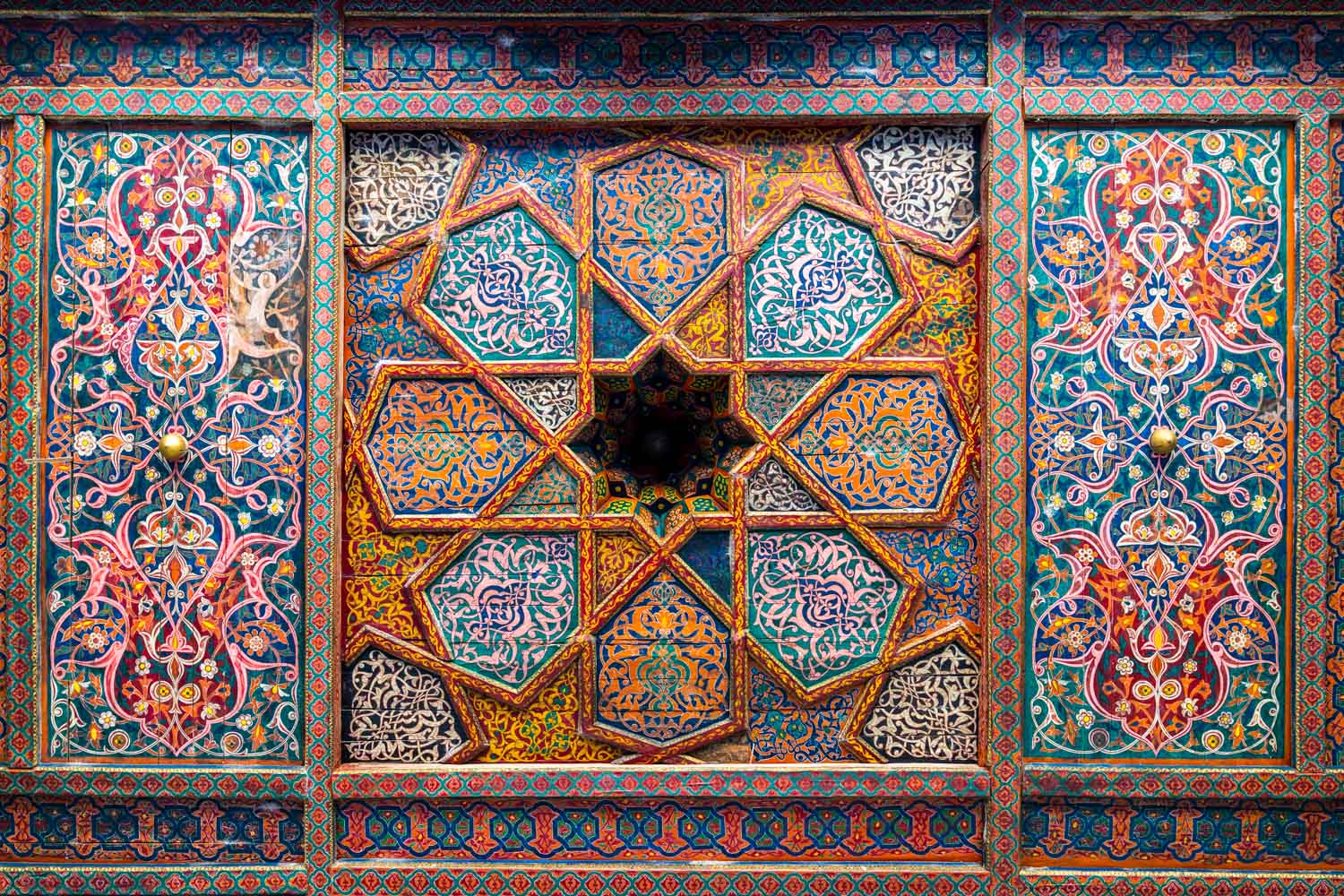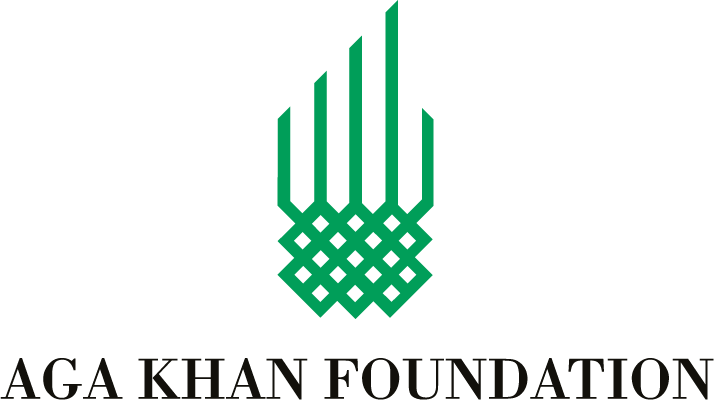
The Idea of the Silk Road: Historians Debate and Discuss This Modern Concept
The Idea of the Silk Road: Historians Debate and Discuss This Modern Concept
Among idealised models of premodern connectivities few can compete with the appeal of the Silk Road and the way it projects modern notions of open trade and cultural exchange, religious and racial tolerance, and dialogue onto the past. While invented barely 150 years ago, the Silk Road is now probably the most famous and most frequently cited road as a quick Google search will confirm. From China and Central Asia to the US, governments and organisations evoke the Silk Road as a metaphor for open cooperation and commerce. The appeal is equally strong among artists, organisations, the general public and even historians. The panel brings together several historians to critically assess the idea of the Silk Road, its genesis, popularisation and modern appeal, and the potential pitfalls of historical inaccuracies that the term may perpetuate.
Khodadad Rezakhani will discuss the use and abuse of the term in the field of world history and how the term reinforces eurocentric historiography. Revisiting the coining of the term (die Seidenstrasse) in 1877 by German geographer Ferdinand von Richthofen, Arezou Azad will discuss what we actually know about trade and commerce in Central Asia in antiquity, and how the idea enables modern economic, cultural, and infrastructure projects to integrate the region. Zhan Zhang will draw attention to the reinvention of the Silk Road in China from the late twentieth century onwards. Finally, Aslisho Qurboniev will discuss the reception of the idea of the Silk Road in Central Asia, a region that is central to the idea, from the 19th century to the Soviet and post-Soviet period.
The speakers
Aslisho Qurboniev is a historian of the Middle East and North Africa region with a strong interest in Central Asian history. He has a MPhil in Oriental Studies from the University of Oxford and PhD in Middle Eastern Studies the University of Cambridge (2019). Currently, he is working as a Postdoctoral Research Fellow of the Islamic West at the KITAB (Knowledge, Information Technology and the Arabic Book) Project (The Institute for the Study of Muslim Civilisation, London). For more information about his current projects follow on Twitter: @aslishahqurbani
Khodadad Rezakhani is a global historian of late antique and early mediaeval periods and the author of ReOrienting the Sasanians (Edinburgh UP 2017) and other works on Sasanian and Post-Sasanian Central and West Asia. His research is also concerned with the historiography of the Silk Road and economic history of the late antique Eurasia on a global context.
Zhan Zhang is a philologist of ancient Iranian languages, with a focus on Khotanese, an eastern-Iranian language spoken in the oasis-state of Khotan (in present-day Xinjiang, China) during the sixth to the eleventh centuries CE. He is particularly interested in secular documents from Khotan, through which he can listen to the voices of Khotanese people and elucidate various aspects of life in Khotan, such as the bureaucratic administration system, the taxation procedure, the corvée work distribution, and the convention of contracts. From these documents, Khotan emerges not as a prosperous entrepôt, as the term ‘Silk Road’ would suggest, but as a small state in a strategic location with limited resources constantly adjusting itself between Tang China and the Tibet Empire so as to retain a degree of autonomy. Zhan Zhang obtained his Ph.D. from Harvard University in 2016. In 2017-18 and worked as a Visiting Research Scholar at the Institute for the Study of the Ancient World, New York University. He then founded Ardashir Space Station, an online education platform on ancient civilisations.
Professor Sarah Bowen Savant is a cultural historian specialising in early Islam, the study of religion, historiography, late antique Iran and Iraq and prophetic biography. She is also the Principle Investigator of KITAB Project. Professor Savant received her MA from the University of Chicago and her PhD from Harvard University. Prior to joining AKU-ISMC in 2007, she was a Sultan Post-Doctoral Fellow at the University of California, Berkeley. She is the author of The New Muslims of Post-Conquest Iran: Tradition, Memory, and Conversion (Cambridge: Cambridge University Press, 2013), which won the Saidi-Sirjani Book Award, given by the International Society for Iranian Studies on behalf of the Persian Heritage Foundation.

